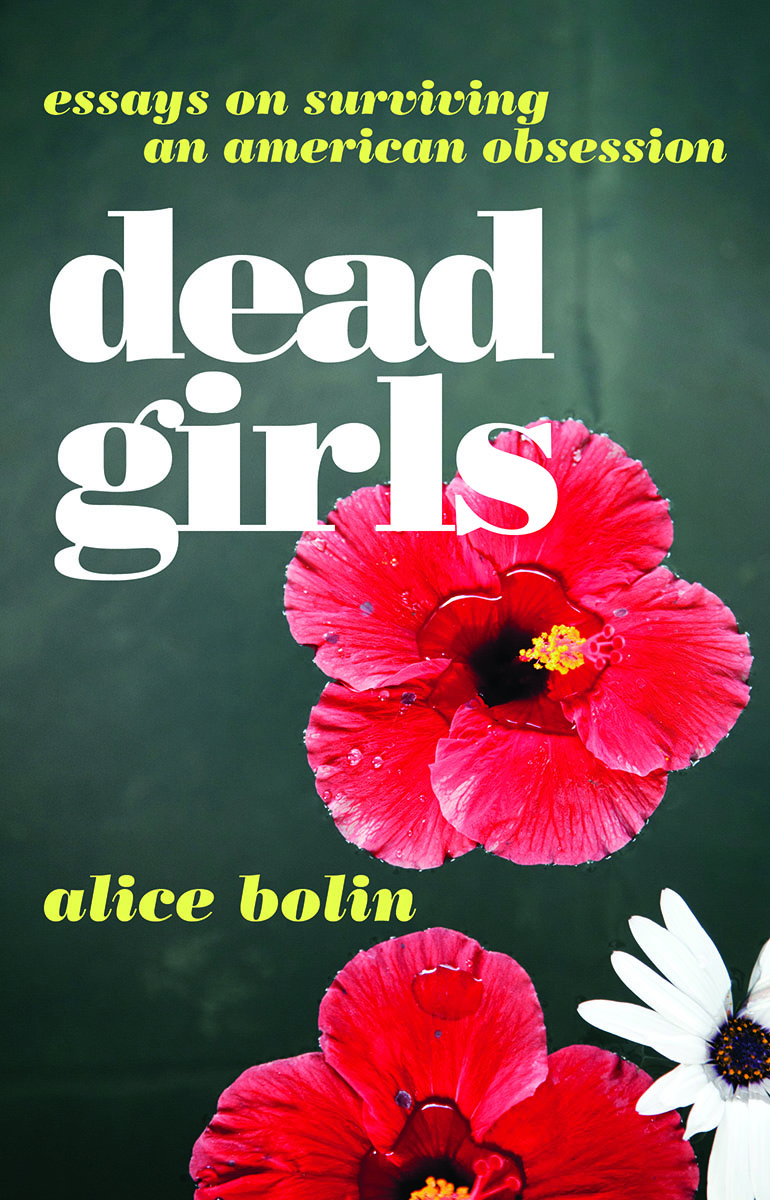A Deep and Terrible Love
In her latest ballad novel, Sharyn McCrumb takes a new look at an old murder
In post-Civil War North Carolina, a young woman is killed. A man is convicted and hanged for that murder, and the story becomes “Tom Dooley,” a mountain folk song recorded in 1958 by the Kingston Trio. Later, when Sharyn McCrumb went looking for a song to inspire the next novel in her acclaimed series based on Appalachian ballads, she believed there was nothing more to be said about the well-known events behind the song. Then she did some research. The result is The Ballad of Tom Dooley, a book her website describes as an “Appalachian Wuthering Heights.”
To be accurate, this is a Wuthering Heights with an Iago. When Pauline Foster discovers she has the pox—syphilis, in modern parlance—it comes as no real surprise: during the Civil War, she traded her charms to men for “meat scraps and the blankets.” Pauline goes to work as the servant of her cousin, the beautiful Ann Melton, so she can be closer to a doctor. It doesn’t take Pauline long to realize that Ann has little love for her husband. Her true love is Tom Dula, a young man she has known since childhood.
This love may be passionate but it is anything but noble. Ann is lazy and selfish. She and Tom have sex under her husband’s nose. (Literally: she brings him to her bed while her husband sleeps a few feet away in another.) When neighbors begin gossiping, Ann orders Pauline to have sex with Tom so there will be an explanation for his visits. For Pauline, however, syphilis lends a powerful payback: in time, she knows, Ann will develop the pox as well.
 McCrumb’s Tom Dula is no tragic hero. To women, his chief attraction may be simply that he’s young and has managed to make it through the Civil War in one piece. Tom’s heart belongs to Ann, but his body does not. One night after Tom and one of his buddies get drunk, they reach for Pauline instead of the whiskey: “I endured it, but when Tom tried to jump me a second time and couldn’t manage it, he rolled over beside me and peered at my face in the pale moonlight,” Pauline says. “Then he threw back his head and laughed. ‘Damn, Pauline, it’s too bad you ain’t pretty like your cousins. That would make it easier to do you. But for plain girls, once is my limit.’ I never forgave him for that. From then on, anything that happened to him, I figured he had it coming.”
McCrumb’s Tom Dula is no tragic hero. To women, his chief attraction may be simply that he’s young and has managed to make it through the Civil War in one piece. Tom’s heart belongs to Ann, but his body does not. One night after Tom and one of his buddies get drunk, they reach for Pauline instead of the whiskey: “I endured it, but when Tom tried to jump me a second time and couldn’t manage it, he rolled over beside me and peered at my face in the pale moonlight,” Pauline says. “Then he threw back his head and laughed. ‘Damn, Pauline, it’s too bad you ain’t pretty like your cousins. That would make it easier to do you. But for plain girls, once is my limit.’ I never forgave him for that. From then on, anything that happened to him, I figured he had it coming.”
In The Ballad of Tom Dooley McCrumb provides a stirring picture of the post-Civil War South. Young women, especially those who were poor and not especially beautiful, had little to look forward to. The young men of their towns had gone off to war; many never returned. Those who remained were older men or young men maimed in battle. These women had lost the best part of their youth to the war, and that same war now cost many of them their futures. They can’t necessarily be blamed for grabbing whatever fun came their way. As Laura Foster, another cousin who partakes of Tom Dula’s “charms,” tells Pauline, “I feel like a bear in a cage. There ain’t nothing else to do around here, except chores. If I didn’t have something to do besides washing and cooking, I’d take leave of my senses. Tom is as good as anything else. Us being together is nothing to either one of us, but just a way to pass the time that don’t feel like working.”
Two characters narrate The Ballad of Tom Dooley: the first is Pauline; the other is Zebulon Vance, the former governor of North Carolina and one of the lawyers who defends Tom Dula of murder charges after Laura Foster is found dead. Vance, although from the mountains himself, is far removed from the lives of the main characters. He looks back on the events in his old age, after a successful career in Congress, wondering if he will include this haunting story in his memoirs. He both envies and fears this sort of cataclysmic love—his own marriages were inspired by a desire for status and money—but he has no illusions about the outcome: “A man died bravely, doing perhaps the only noble thing he ever achieved in his brutal, useless life. Another fifty years of living would not have improved him, for he had only a minute’s worth of courage, and he spent that.”
McCrumb thoroughly researched the events surrounding the real Tom Dula’s death and believes she’s found the true story of his life and death. But for a reader, what matters most is that Sharyn McCrumb has taken a well-known story and turned it into a real page-turner. And she manages to do so without sentimentalizing any of her characters. These are not heroic figures. But their efforts to find some sort of happiness despite the brutal conditions of their lives make them compelling ones.
Sharyn McCrumb is on an extensive book tour that includes seven appearances in Tennessee; click here for details.


